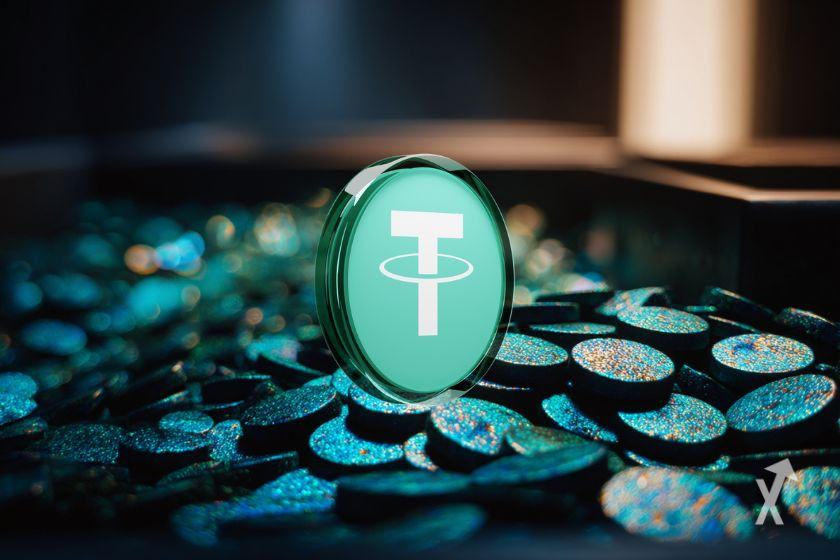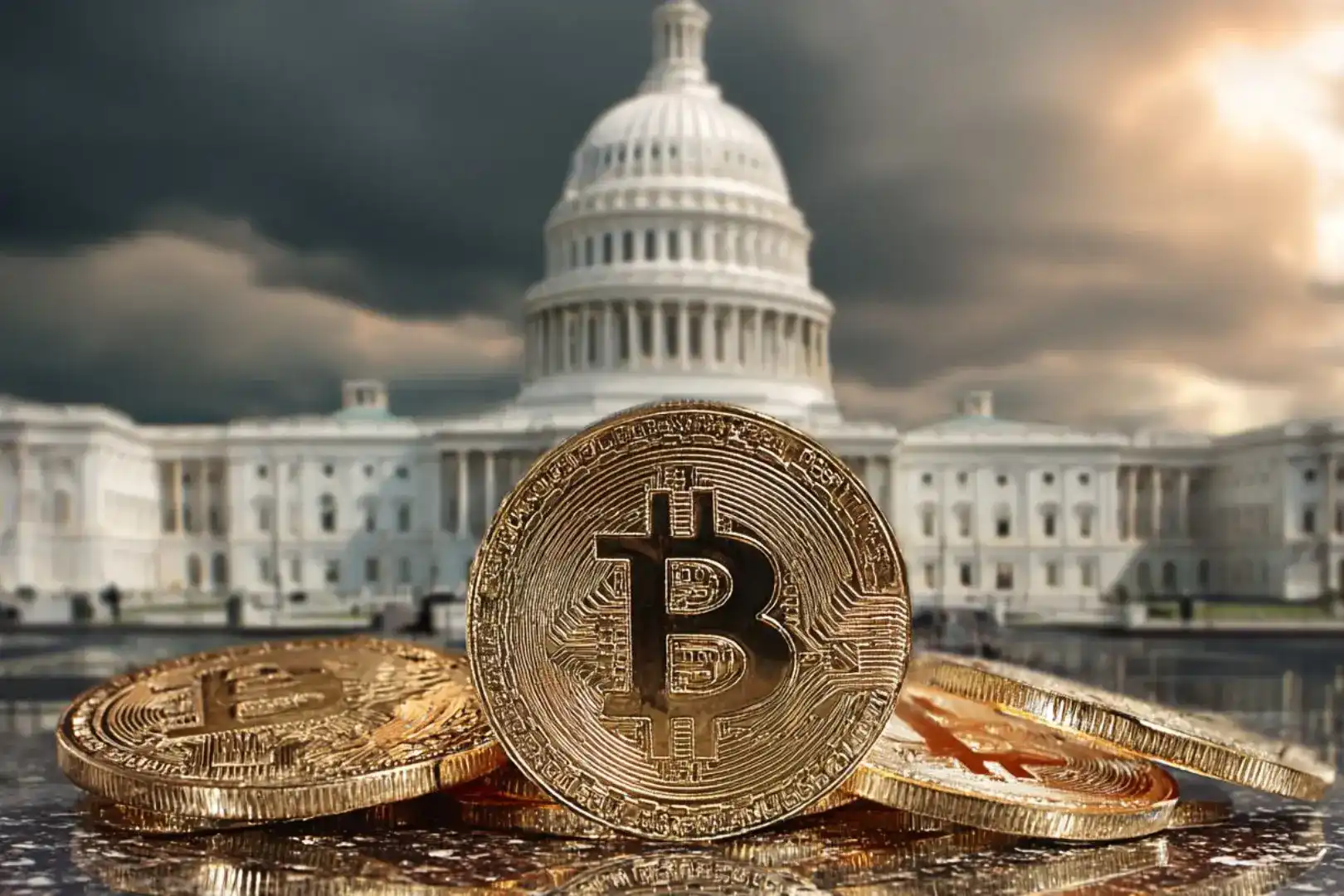OpenAI CFO: AI doesn’t need to cool down, the enthusiasm is far from enough!
As Wall Street grows increasingly concerned about an AI bubble burst, OpenAI's CFO is instead calling for "more enthusiasm." She also stated that going public is currently not in the company's plans.
OpenAI Chief Financial Officer Sarah Friar stated that concerns about a potential bubble in the AI sector are overly focused, and instead, more “enthusiasm” should be shown for the potential of this technology.
During an on-stage interview at The Wall Street Journal’s Tech Live conference in California on Wednesday, Friar said: “In my view, there’s not nearly enough excitement about the real-world applications of AI and the changes it can bring to individuals. We should continue to push forward with full force.”
In recent months, there has been increasing skepticism about the soaring valuations of AI companies and the massive investments tech firms are making in data centers and chips to support AI development. OpenAI alone has committed to investing over $1.4 trillion in AI infrastructure, even though the company has yet to turn a profit.
To support its AI data center construction, OpenAI has entered into a series of major deals with companies such as Nvidia (NVDA.O) and AMD (AMD.O), but some have criticized these collaborations as “circular financing.” For example, Nvidia agreed to invest up to $100 billion in OpenAI to support its data center expansion, while OpenAI committed to deploying millions of Nvidia chips in these centers. However, Friar responded in the interview: “I completely disagree with that characterization.”
“We are all building out complete infrastructure right now to provide more computing power globally,” she said. “I don’t see this as a circular relationship at all.” She added, “We’ve done a lot of work over the past year to diversify our supply chain.”
In addition to partnerships with chip manufacturers, OpenAI, the developer of ChatGPT, is also considering multiple financing channels to fund its infrastructure expansion. Friar stated that OpenAI is “looking for an ecosystem composed of banks and private equity” to support these ambitious plans. She also hinted that the U.S. government might play a role in “providing financing guarantees,” but did not elaborate on the specific mechanism.
In response to this statement, an OpenAI spokesperson later clarified that Friar’s remarks were made from the perspective of the entire AI industry, and OpenAI is not currently seeking federal government guarantees.
Additionally, OpenAI expects to potentially raise more funds through a public listing in the coming years, but Friar said the company is not currently preparing for this. “We are not preparing for an IPO right now,” she said, “Going public is not currently in our plans.”
Disclaimer: The content of this article solely reflects the author's opinion and does not represent the platform in any capacity. This article is not intended to serve as a reference for making investment decisions.
You may also like
Three things that must happen for Bitcoin to avoid bear market
A $500 billion valuation giant is emerging
With a valuation comparable to OpenAI and surpassing SpaceX and ByteDance, Tether has attracted significant attention.

Prediction markets meet Tinder: Can you place bets on Warden's new product by simply swiping left or right?
No need for chart analysis, macro research, or even inputting the amount of funds.

Why does bitcoin only rise when the U.S. government reopens?
The US government shutdown has entered its 36th day, leading to a decline in global financial markets. The shutdown has prevented funds from being released from the Treasury General Account (TGA), draining market liquidity and triggering a liquidity crisis. Interbank lending rates have soared, while default rates on commercial real estate and auto loans have risen, increasing systemic risk. The market is divided over future trends: pessimists believe the liquidity shock will persist, while optimists expect a liquidity release after the shutdown ends. Summary generated by Mars AI. The accuracy and completeness of this summary are still being improved as the Mars AI model is updated.

